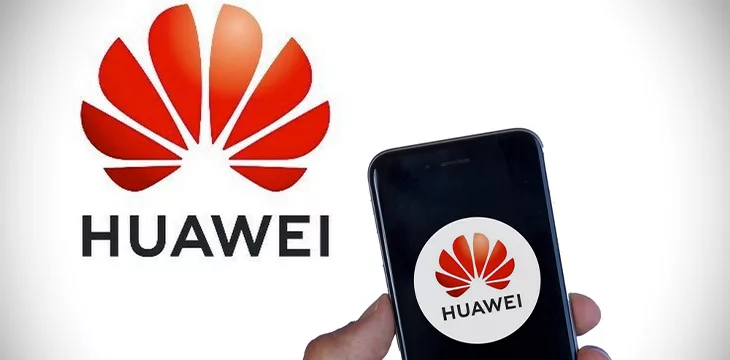|
Getting your Trinity Audio player ready...
|
Huawei is set to roll out HarmonyOS Next, its new operating system expected to fully support China’s central bank digital currency (CBDC), the digital yuan.
The new operating system for mobile devices with various functionalities is expected to be rolled out before the end of 2024, according to local news reports. HarmonyOS Next will offer “atomicity,” a key feature of CBDCs designed to allow instant settlement between consumers and merchants.
The exact details of HarmonyOS Next’s atomicity feature are unknown, but there is news that digital yuan could be used to do Internet of Things (IoT) transactions.
Since the start of the digital yuan pilot, experiments have primarily revolved around “government-centric” utilities, but a wholesale integration with IoT could open a new frontier for use cases for the CBDC.
There are unconfirmed reports of the operating system supporting smart contracts and an integrated AI model for instant payment. While the plans appear convincing on paper, there are lingering concerns over adoption rates for the operating system.
The incoming HarmonyOS Next is expected to drop Android compatibility and will not be Unix-based. The removal of Android compatibility may pose a stumbling block to the widespread adoption of the operating system, adversely affecting its CBDC ambitions.
Currently, Android has a sizable share of the Chinese mobile phone market, with over 60% under its belt. Apple’s IOS (NASDAQ: AAPL) and Huawei’s existing HarmonyOS with Android compatibility hold 14% and 13% of the Chinese market, respectively.
However, China’s desire to be less reliant on foreign technology in light of its cold war with the U.S. could see the government throw its weight behind the incoming operating system.
A streak of integrations for the digital yuan
China’s digital yuan pilot is gathering significant steam, underscored by various integrations in recent months. The CBDC app has been inundated with an array of functionalities, including a red envelope feature, contactless payments using NFC technology, and use cases in securities, transport, and retail.
Four foreign banks have since tapped into the digital yuan, providing tailor-made services for institutional and retail clients. The lenders include Standard Chartered, HSBC, Fubon Bank, and Hang Seng Bank, with a common denominator being the binding of debit cards with the official digital yuan mobile app.
To learn more about central bank digital currencies and some of the design decisions that need to be considered when creating and launching it, read nChain’s CBDC playbook.
Watch: CBDCs are more than just digital money

 07-12-2025
07-12-2025 





